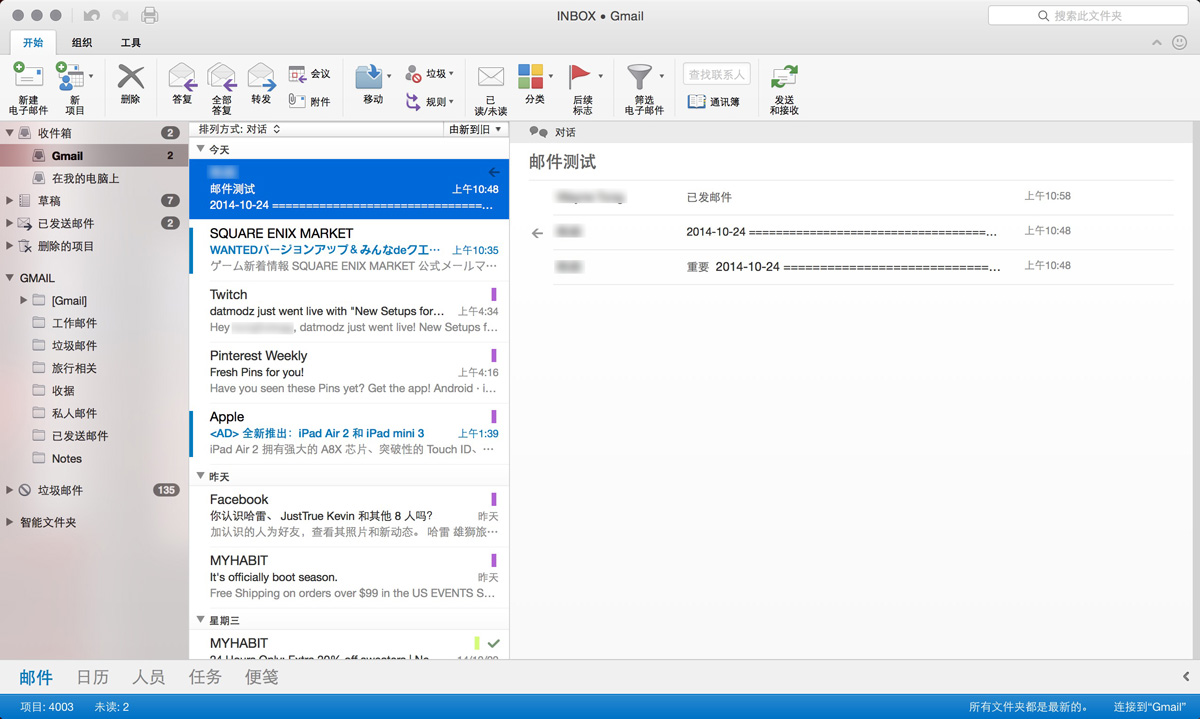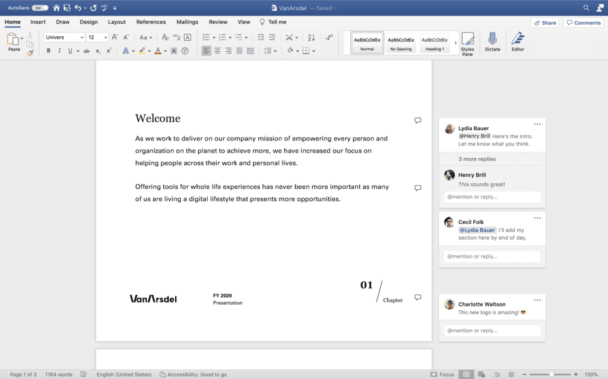

- #Microsoft office mac m1 native how to
- #Microsoft office mac m1 native for mac
- #Microsoft office mac m1 native install
- #Microsoft office mac m1 native update
- #Microsoft office mac m1 native free
So why would you want to keep using Rosetta if the app is universal? Most of the time, you won’t.
#Microsoft office mac m1 native install
See also: If you need to install Rosetta on your Mac - Apple Support I am guessing that it has defaulted to Rosetta, because that’s what you were previously using (when the app was Intel-only), and the message is letting you know that you may want to switch it over to native operation (by un-checking that box on each Office app). So you can now choose which way you want it to open. I assume that you’re seeing this message because the previous version was Intel-only and the new (current) version is universal.

Microsoft will soon release new version of office 365 that runs on native m1 cpu. There is a checkbox, “Open using Rosetta”, which is used to configure it. I have used outlook word and excel and its fine. Select the app in the Finder and do a “get info”. Every new Mac lets you install and run Windows at native speeds. If your app is “universal”, meaning it contains both Intel and ARM code, you can choose which way you want to run it. With macOS, you can use Microsoft Office, connect to most printers and cameras. Similarly, if it is ARM-only, it will be run as native (again, because there’s no other option). If your app is Intel-only, it will automatically be run via Rosetta (because there’s no other option). Since Outlook, Word, Excel, PowerPoint, and OneNote are now native apps on M1-based Macs, users can enjoy better performance on the latest MacBook Air, 13-inch. “you can now disable the Rosetta emulator for Excel”. As of 15 December 2020 Microsoft has made the Office suite of apps (Word, Excel, PowerPoint, OneNote and Outlook) for Macs universal which means they will run natively on M1 and Intel Macs.
#Microsoft office mac m1 native free
#Microsoft office mac m1 native how to
#Microsoft office mac m1 native for mac
#Microsoft office mac m1 native update
Office users who have automatic updates turned on should have the new versions sometime today, and anyone else can update it through the Mac App Store or Microsoft’s AutoUpdate software (depending on if you downloaded Office through the App Store or directly from Microsoft). The Microsoft Office release starting with version. It seems like you’ll have to stick with the emulated version for now, if your team uses Teams. Meanwhile, Microsoft’s main communications competitor, Slack, has native support available in a public beta. Microsoft promises they’re working on that platform in their blog post, but the company hasn’t announced any sort of timeline. Since their introduction in November 2020, Macs with ARM-based M1 chips have become wildly popular among consumers. If you’re a heavy user of Teams, you may be disappointed to hear that it hasn’t been included in today’s rollout of updates.


The updates are making the apps universal ones - meaning these versions will run on both Intel and Apple Silicon Macs, so any upcoming updates or features will be coming at the same time for both platforms. The apps getting the updates are Word, Excel, Outlook, PowerPoint, and OneNote. If you’ve been using Microsoft Office on an M1 Mac, it’s about to get better - Microsoft is announcing an update today that brings native support for Apple’s new custom chip architecture to the Windows productivity suite.


 0 kommentar(er)
0 kommentar(er)
